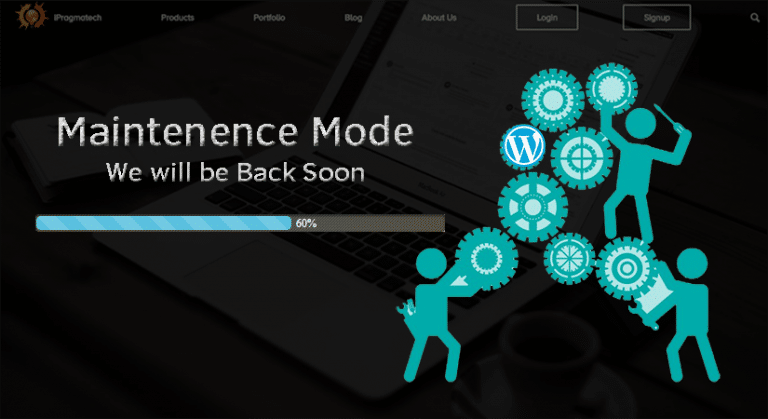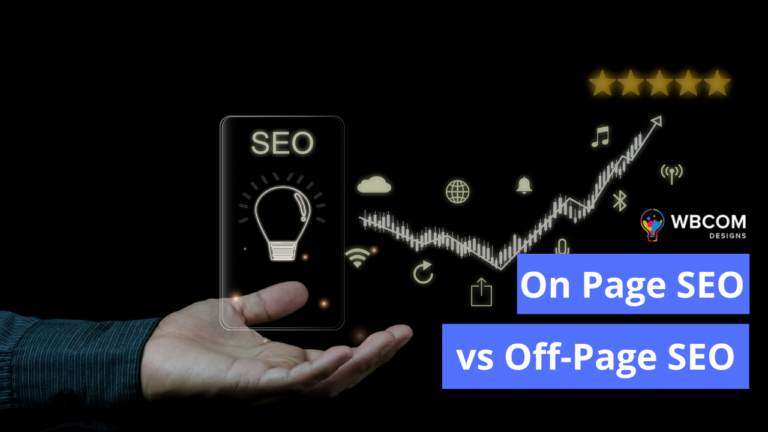Choosing the appropriate platform is a crucial choice that may have a big influence on your online business’s performance in the competitive field of e-commerce. Three systems stick out from the plethora of options: WordPress, Shopify vs Magento. To assist you in making an informed choice that is specific to your company’s requirements, we will examine the features, advantages, and disadvantages of each platform in this thorough comparison.
Table of Contents
ToggleWordPress: A Versatile CMS with E-commerce Capabilities
WordPress, initially renowned as a blogging platform, has evolved into a versatile content management system that powers over 40% of the web. With the integration of plugins like WooCommerce, WordPress has become a formidable e-commerce solution. Here’s a closer look at WordPress:
Ease of Use: Known for its user-friendly interface, WordPress is accessible to both beginners and experienced users. The extensive library of plugins allows for customization, and the platform supports a wide range of themes.
Scalability: While WordPress efficiently handles small to medium-sized e-commerce stores, challenges may arise with larger enterprises. Careful attention to performance optimization becomes crucial as your store grows.
Cost: As an open-source platform, WordPress is free to use, but costs may arise from premium themes, plugins, and hosting. Overall, it tends to be more budget-friendly compared to other enterprise-level solutions.
Also Read: Best Email Outreach Templates for Every Situation
Shopify: Streamlining E-commerce for All
Shopify has gained immense popularity for its simplicity and comprehensive e-commerce features. Designed as an all-in-one solution, Shopify caters to businesses of all sizes. Here are key aspects of Shopify:
Ease of Use: Shopify is renowned for its intuitive interface, making it one of the most user-friendly platforms. Setting up an online store is quick and straightforward, making it ideal for beginners.
Scalability: Shopify is designed to scale with your business. From small startups to large enterprises, Shopify offers various plans to accommodate different levels of demand.
Cost: Shopify operates on a subscription-based model, with different plans catering to various business sizes. While costs may increase with higher-tier plans, the all-inclusive nature simplifies budgeting.
Also Read: 45 Outstanding Lawyer WordPress Themes For Law Firms In 2024
Magento: Unparalleled Customization for Enterprises
Magento, an Adobe company, is an open-source e-commerce platform renowned for its flexibility and customization options. It is popular among large enterprises and businesses with complex needs. Here’s a closer look at Magento:
Customization and Flexibility: Magento excels in offering unparalleled customization options, making it an ideal choice for businesses with complex needs. It allows for tailoring online stores to specific requirements.
Scalability: Built to handle large-scale e-commerce operations, Magento performs well even as the volume of products and transactions increases. It’s the go-to choice for enterprise-level businesses.
Cost and Complexity: While powerful, Magento’s complexity may pose a challenge for beginners. Development and maintenance costs can be higher, but the investment may be justified for businesses with intricate needs.
| Feature | WordPress | Shopify | Magento |
|---|---|---|---|
| Ease of Use | User-friendly interface, suitable for beginners and experienced users. | Intuitive interface, quick setup, ideal for beginners. | Requires a steeper learning curve, more suitable for experienced developers. |
| Scalability | Efficient for small to medium-sized stores. May face challenges with larger enterprises. | Designed to scale from small startups to large enterprises. | Built to handle large-scale e-commerce operations, ideal for enterprise-level businesses. |
| Customization | Extensive library of plugins for customization but may have limitations. | Customizable within the platform’s framework, but limitations compared to Magento. | Unparalleled customization, allowing businesses to tailor stores to specific requirements. |
| Built-in Features | Relies on plugins, extensive library available for various functionalities. | Comprehensive set of built-in features, reducing reliance on third-party plugins. | Flexible and feature-rich, but may require additional extensions for specific needs. |
| Cost | Open-source and free, potential costs from premium themes, plugins, and hosting. | Subscription-based model with various plans catering to different business sizes. | Higher development and maintenance costs, more suitable for businesses with complex needs. |
| Security and Compliance | Relies on plugins and hosting for security. | Strong emphasis on security and compliance. PCI DSS compliant. | Robust security measures, but compliance and security may require additional attention. |
| Community Support | Large community support with a wealth of tutorials and forums. | Active community support, extensive documentation, and customer support. | Active community support, with a focus on enterprise-level solutions. |
| Performance Optimization | Requires attention to optimization as the store grows. | Good performance out of the box, with optimization options available. | High performance but may require expert optimization for optimal results. |
| Multi-channel Selling | Supported through plugins and integrations. | Built-in support for multi-channel selling. | Various integrations available for multi-channel selling. |
| Ideal Business Size | Small to medium-sized businesses. | Businesses of all sizes, with a focus on scalability. | Large enterprises with complex needs. |
Conclusion
In conclusion, the choice between WordPress, Shopify, and Magento ultimately depends on your unique business requirements, budget, and technical expertise. WordPress is versatile and budget-friendly, Shopify is user-friendly and scalable, while Magento offers unparalleled customization for enterprise-level businesses. Consider your business goals and growth trajectory to make an informed decision that aligns with your vision for success in the ever-evolving world of e-commerce.In the realm of e-commerce, businesses often grapple with the decision of selecting the most suitable platform, weighing the pros and cons of WordPress, Shopify vs Magento to determine the perfect fit for their online store needs
Interesting Reads:
10 Best Influencer Marketing Platforms to Boost Your Campaigns In 2024
Best Auto-scroll WordPress Plugins
Creative WordPress Design Solutions







